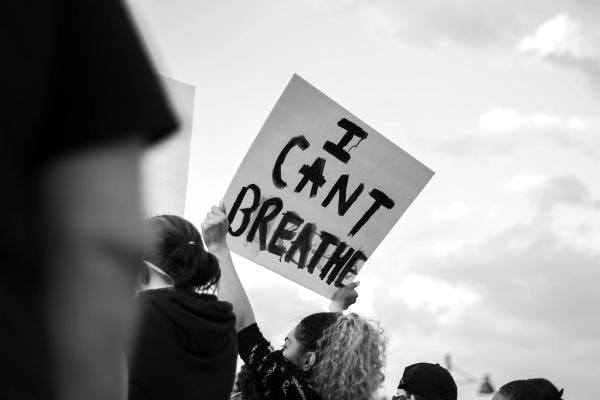Cooper Baumgartner - Unsplash
Drug policy and racism
Even before overdose deaths in the United States spiked during the COVID-19 pandemic—rising from 68,000 in 2018 to more than 107,000 in 2021—the US had twice the overdose mortality rate of any other country. Low-income White communities were hit hardest early in the current overdose surge. However, in 2020, the overdose death rate of Black individuals overtook that of White individuals and is now nearly 20% higher, while American Indians/Alaska Natives have the highest overdose mortality rates of any group. Overdose prevention has become a key racial justice issue. The predominant public health approach in the US focuses on individual-level risk factors, while public policy and funding has centred on drug-law enforcement, abstinence-based recovery, and biomedicalised approaches that emphasise the development and delivery of medications. Yet the epidemiologic patterns of overdoses are better explained by the social-structural forces that underlie poor access to education, employment, social services, adequate housing and healthcare, as well as racist policing.
During this Lancet Webinar, a panel of expert speakers will highlight the need to shift away from a narrow focus on individualised overdose risk to broader efforts addressing the pathologies of social and political systems that drive overdose. This broader effort must include community mobilisation and involvement, and strengthening harm reduction programs. Speakers include a leading drug-policy researcher in France, where stronger social safety nets, universal health care, and evidence-baded harm reduction practices have been better able to protect people who use drugs, and US-based leaders in harm reduction and community mobilisation. Dr Helena Hansen, the preeminent US expert on the intersection of racism and the opioid epidemic, will serve as moderator. The webinar will include an audience Q&A session.
Speakers
- Helena Hansen
Professor and interim Chair of the Department of Psychiatry and Biobehavioural Sciences
David Geffen School of Medicine, UCLA - Morgan Medlock
Behavioural Health Administration
Department of Human Services, State of Colorado - Marie Jauffret-Roustide
Sociologist
Inserm, French National Institute of Health and Medical Research - Sterling Johnson
Activist, National Survivors Union,
PhD Candidate in Geography and Urban Studies, Temple University
